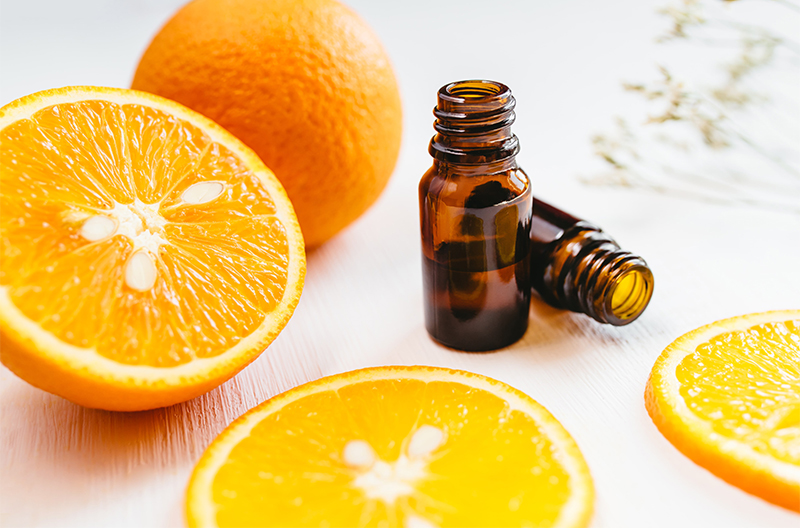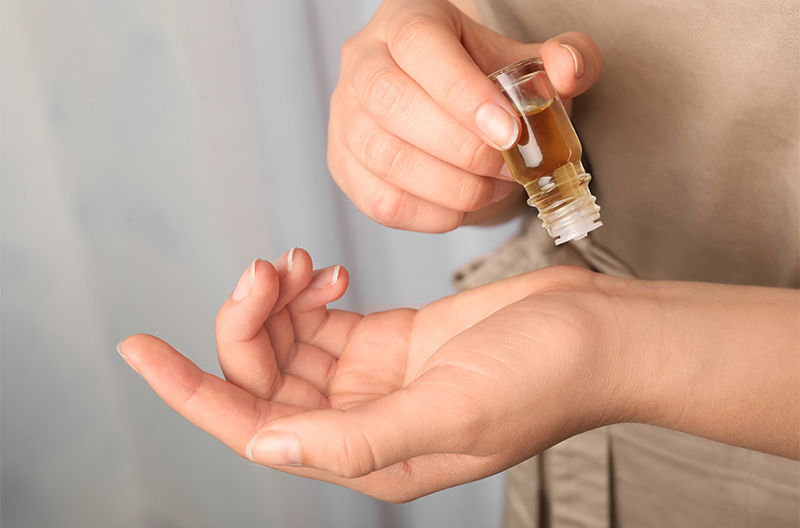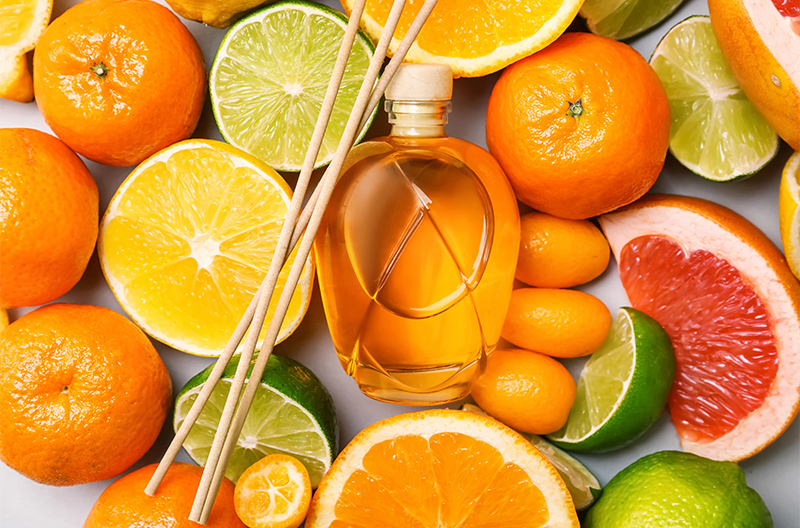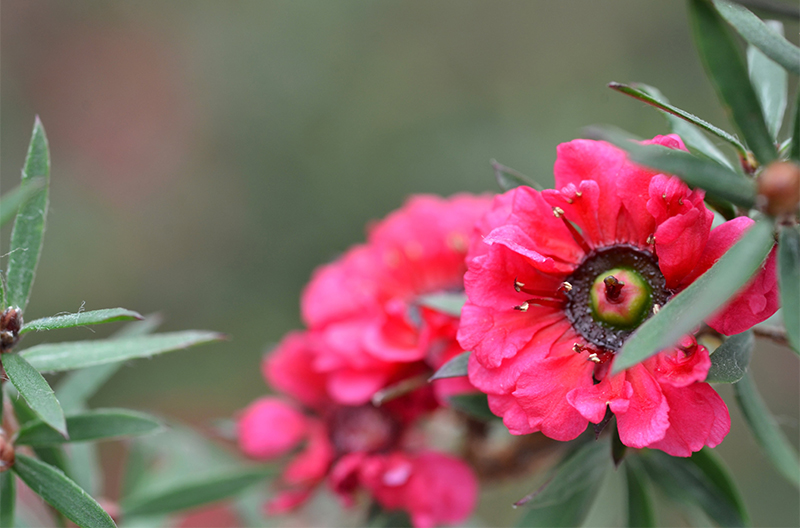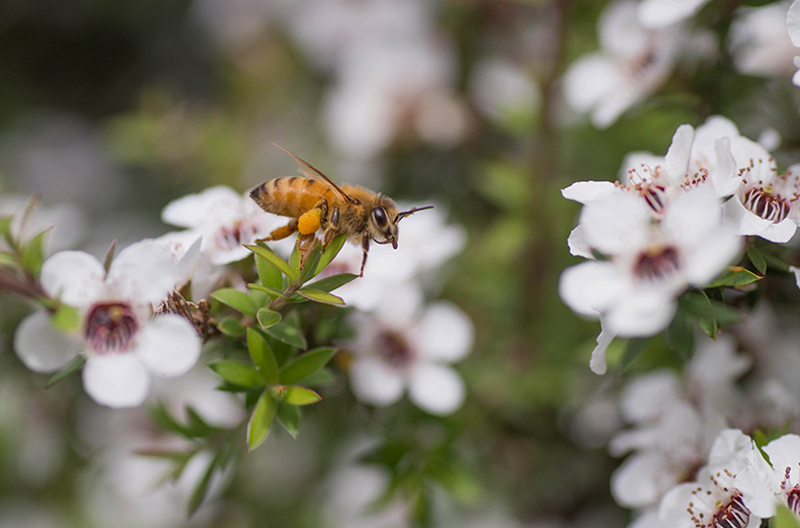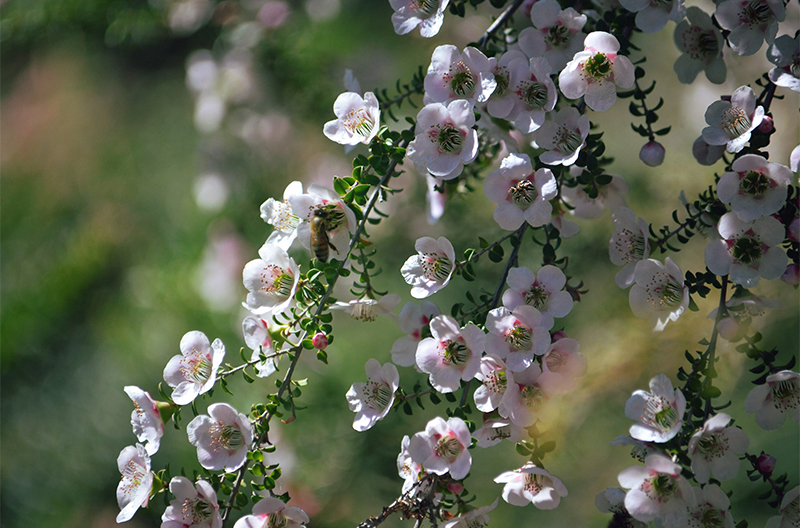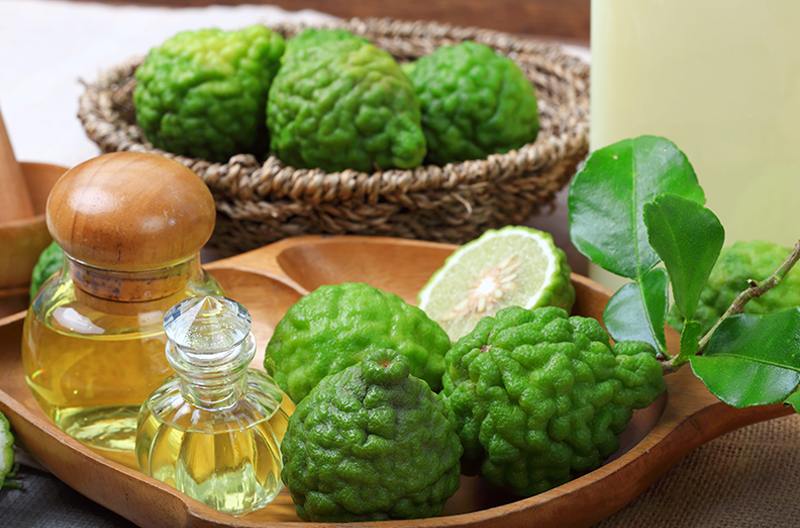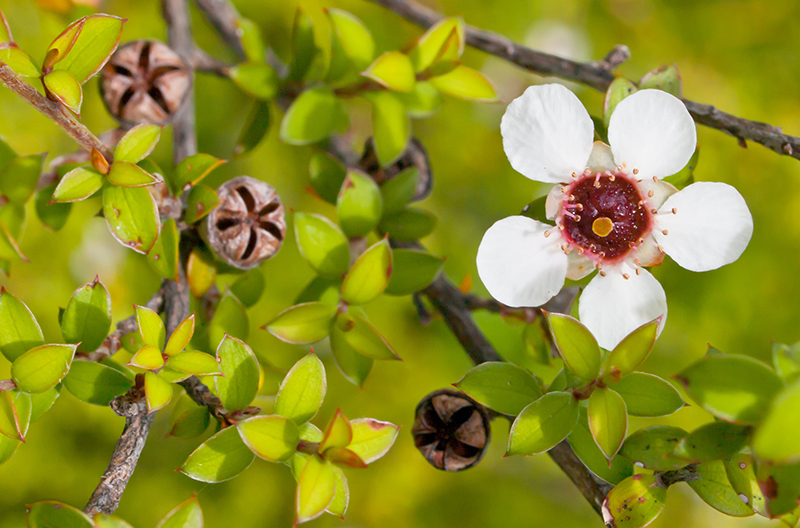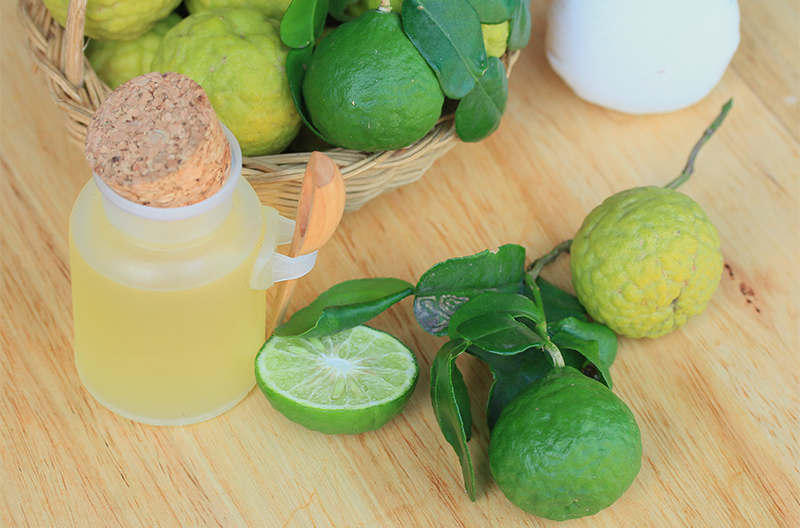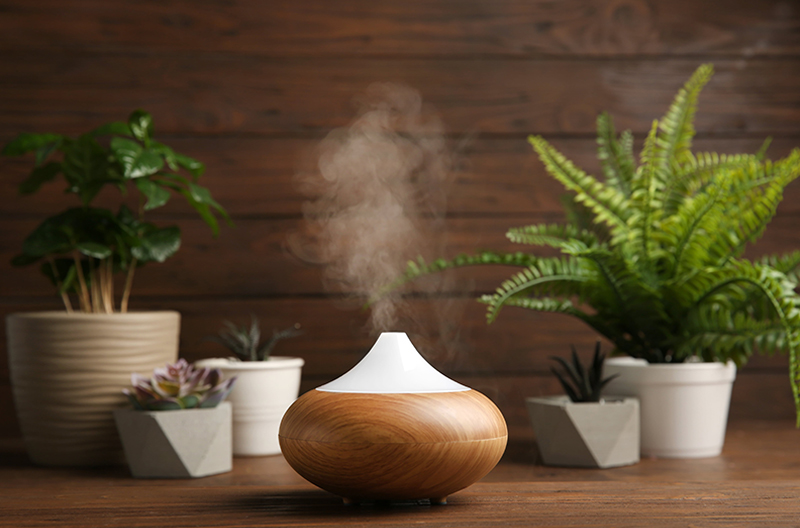Essential oils are making a boom in the alternative medicine field. In short, these aromatic oils are good for more than just freshening the air around you. In fact, they have healing benefits for both mental and physical ailments. Now, let’s take a deeper look into them and all you need to know to use them properly.
What Are Essential Oils?
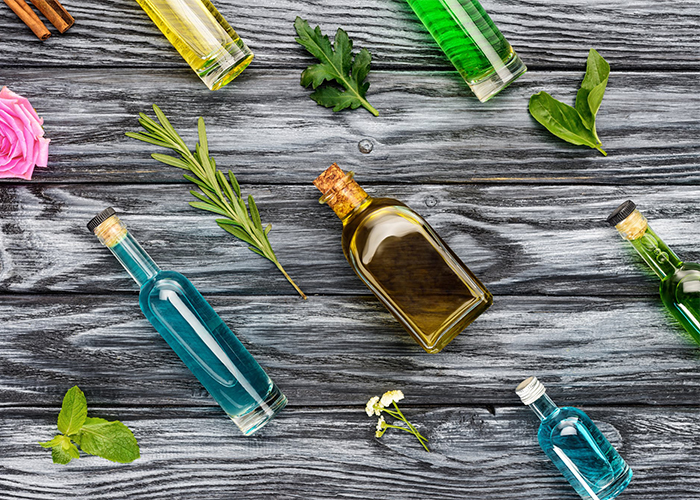
Basically, essential oils are highly-concentrated plant compounds, extracted by distilling large quantities of plants. They are the essence of plants, containing both scent and flavor compounds.
Who Should Use Essential Oils?
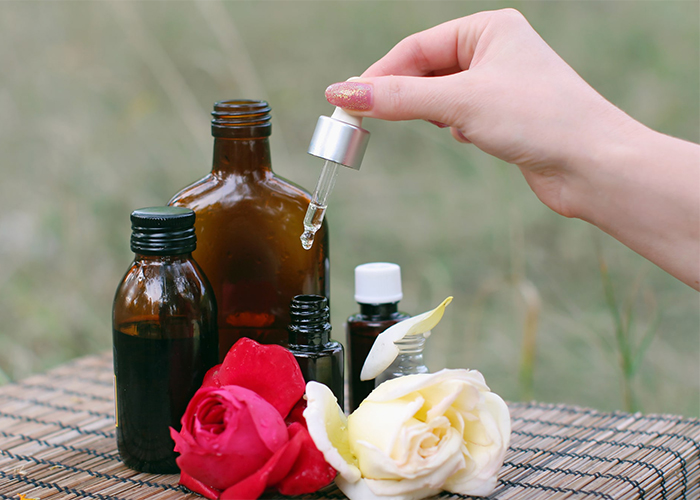
Essential oils have such a long list of health benefits that almost everyone can find a use for them! For those looking for natural ways to treat common conditions, they’re a great place to start. These plant oils contain properties that help with relaxation, anti-inflammation, and disinfection.[1]
Also, they can help relieve a range of ailments from stress and anxiety, to bloating and indigestion, to skin acne. In addition, these oils are also suitable for those who want to create a more health-conscious home environment. Essential oil blends make great all-natural cleaning products without harmful chemicals. Diffusers are also a healthier way to scent your home than commercial air fresheners.
For more about the pollutants you’re exposed to on a daily basis, and how to utilize essential oils to effectively detox your home — and your body! — check out our free eBook, The Incredible Power of Essential Oils.
Main Uses of Essential Oils
1. Stress, anxiety, and depression
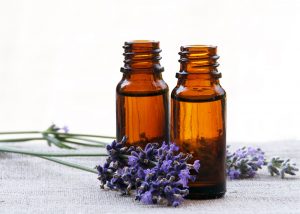 Research has shown that plant oils can reduce stress, relieve anxiety, and improve symptoms of depression. A study on patients with hypertension showed that inhaling oils lowered blood pressure levels and stress responses.[2] Another study published in the International Journal of Palliative Nursing found that massages with them had a more significant effect on anxiety levels than without.[3] Common essential oils used to aid these conditions include lavender essential oil, as well as rose, orange, bergamot, lemon, sandalwood, clary sage, chamomile, and geranium.[4]
Research has shown that plant oils can reduce stress, relieve anxiety, and improve symptoms of depression. A study on patients with hypertension showed that inhaling oils lowered blood pressure levels and stress responses.[2] Another study published in the International Journal of Palliative Nursing found that massages with them had a more significant effect on anxiety levels than without.[3] Common essential oils used to aid these conditions include lavender essential oil, as well as rose, orange, bergamot, lemon, sandalwood, clary sage, chamomile, and geranium.[4]
2. Headaches and migraines
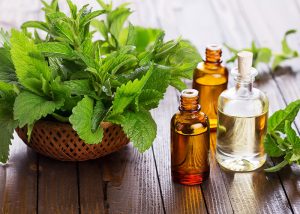 Almost all oils have some analgesic properties.[5] In one study, students with tension-type headaches had reduced pain levels after using aromatherapy treatment.[6] Essential oils like peppermint and lavender are commonly used to relieve headaches and migraines.
Almost all oils have some analgesic properties.[5] In one study, students with tension-type headaches had reduced pain levels after using aromatherapy treatment.[6] Essential oils like peppermint and lavender are commonly used to relieve headaches and migraines.
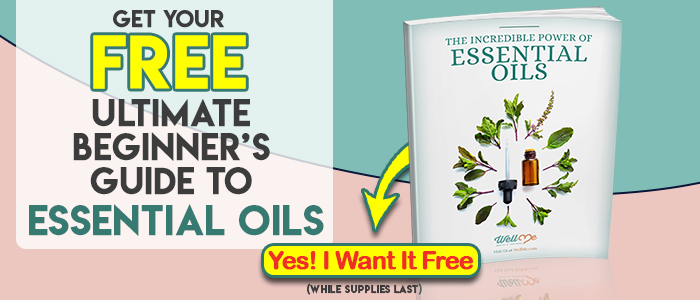
3. Skin issues
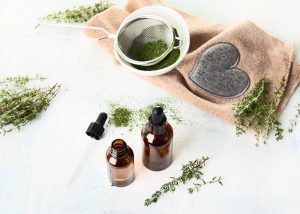 There are more than 90 essential oils recommended for dermatological use.[7] Studies show that these oils are antioxidizing, anti-inflammatory and can even repair wounds.[8] To understand more, here are two common skin conditions that essential oils can be used to treat:
There are more than 90 essential oils recommended for dermatological use.[7] Studies show that these oils are antioxidizing, anti-inflammatory and can even repair wounds.[8] To understand more, here are two common skin conditions that essential oils can be used to treat:
- Scars
Certain essential oils are particularly good for encouraging skin cell renewal which contributes to fading scars.[9] In one study, post-surgical scarring was reduced after patients applied rosehip seed oil for three months.[10] Frankincense oil has also shown promise in preventing scars from current wounds.[11] Other essential oils that can also improve scarring are lavender, neroli, yarrow, and patchouli.[12] - Acne
Research shows that the antibacterial and antimicrobial aspects of some oils can treat simple acne.[13] In one double-blind comparative study, tea tree oil worked just as well as benzoyl peroxide in improving acne, but with fewer side effects.[14] Additionally, other research shows that antimicrobial oils like oregano, lemongrass, and thyme can also help improve acne.[15]
Tip: For acne relief, look for products that contain tea tree oil. Alternatively, add three drops of tea tree essential oil to 50ml of night moisturizer.
4. Hair growth
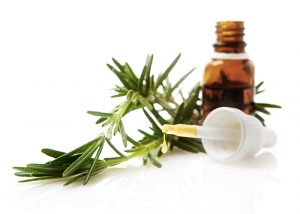 Certain oils promote hair growth by stimulating hair follicles and increasing the speed of growth.[16] In one trial, nearly half the group showed hair growth after rubbing thyme, rosemary, lavender, and cedarwood oils on their scalp for seven months.[17]
Certain oils promote hair growth by stimulating hair follicles and increasing the speed of growth.[16] In one trial, nearly half the group showed hair growth after rubbing thyme, rosemary, lavender, and cedarwood oils on their scalp for seven months.[17]
Also, another study followed patients with hair loss and found that hair growth significantly increased after 6 months of using rosemary oil.[18] If you’re looking for an organic solution to stimulating hair growth, you may just have found it.
For 50+ creative and practical uses for essential oils, check out our free eBook, it’s chock-full of all-natural DIY blends for your everyday needs!
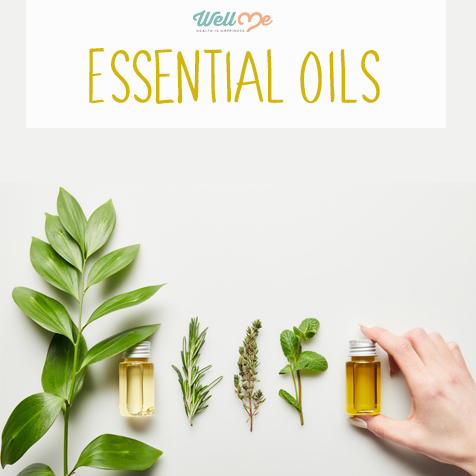
References
- [1] https://www.ncbi.nlm.nih.gov/pmc/articles/PMC4090492/
- [2] https://synapse.koreamed.org/search.php?where=aview&id=10.4040/jkan.2006.36.7.1123&code=1006JKAN&vmode=FULL
- [3] https://www.magonlinelibrary.com/doi/abs/10.12968/ijpn.1995.1.2.67
- [4] https://journals.sagepub.com/doi/abs/10.1177/1934578X0900400928
- [5] https://search.proquest.com/openview/7712fdcb7809b58c0f797bd7ba8f1c61/1?pq-origsite=gscholar&cbl=32528
- [6] http://www.koreascience.or.kr/article/JAKO200805441020804.page
- [7] https://www.ncbi.nlm.nih.gov/pmc/articles/PMC5435909/
- [8] https://www.ncbi.nlm.nih.gov/pmc/articles/PMC5796020/
- [9] https://www.ncbi.nlm.nih.gov/pmc/articles/PMC3569896/
- [10] https://file.scirp.org/pdf/JCDSA_2015062914154638.pdf
- [11] https://www.ncbi.nlm.nih.gov/pmc/articles/PMC5801908/
- [12] https://www.ncbi.nlm.nih.gov/pmc/articles/PMC5435909/
- [13] https://www.ncbi.nlm.nih.gov/pmc/articles/PMC4740760/
- [14] https://www.ncbi.nlm.nih.gov/pubmed/2145499
- [15] https://www.ncbi.nlm.nih.gov/pmc/articles/PMC6225355/
- [16] https://www.ncbi.nlm.nih.gov/pmc/articles/PMC4289931/
- [17] https://www.ncbi.nlm.nih.gov/pubmed/9828867
- [18] https://www.ncbi.nlm.nih.gov/pubmed/25842469

